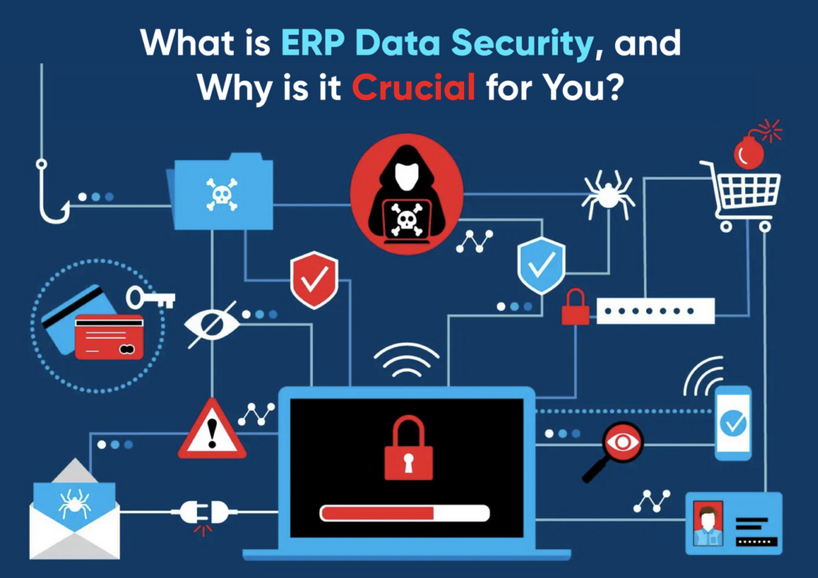
Property Tax Records Data Breach: Privacy Perils and Investor Information Exposure
In an era where personal data is a commodity and real estate investment insights are prized, a recent data breach has unearthed profound concerns regarding the security of property tax records. The breach, affecting a company specializing in harvesting property tax records and selling access to investors, has brought to light the vulnerability of sensitive personal information and its implications for the real estate market.
The company, entrusted with the custody of vast troves of property tax records, serves as a repository for essential information regarding property ownership, valuations, and legal descriptions. However, a breach of this magnitude has raised alarming questions about the protection of this data and the potential ramifications for those involved. The exposed database contained a total 1,523,776,691 records with a size of 1.16 TB. The data was organized in various folders according to: property history, motivated sellers, bankruptcy, divorce, tax liens, foreclosure, home owner association (HOA) liens, inheritance, court judgments, obituary (death), vacant properties, and more. The folders contained information on property owners, sellers, investors, and what appeared to be internal user logging data that included name, physical address, phone number, provider, and what was downloaded from the database. The logging records indicated that the files belonged to a company named Real Estate Wealth Network
The fallout from this breach is multi-faceted, with significant implications for various stakeholders:
Investor Exposure and Privacy Concerns
The exposed data includes a treasure trove of personal and property-related information, ranging from names and addresses to detailed property assessments. Investors, who rely on this information for market analysis, investment decisions, and property valuation, are now unwittingly caught in a precarious situation. The breach not only jeopardizes their access to critical data but also raises ethical concerns regarding the exploitation of personal information for financial gain.

Homeowner Vulnerability and Privacy Intrusion
For homeowners, the breach represents a substantial invasion of privacy. Their sensitive information, once securely stored within property tax records, is now vulnerable to exploitation. The exposure of such data poses tangible risks, from identity theft and financial fraud to potential safety concerns arising from the unauthorized access to personal details and property ownership information.
The data breach affecting a company that harvests and sells property tax records to investors unveils a labyrinth of privacy perils and ethical dilemmas. It underscores the critical need for stringent data protection measures, ethical handling of personal information, and heightened cybersecurity protocols within the real estate data industry. The incident serves as a stark reminder of the delicate balance between information accessibility and the imperative to safeguard personal privacy and data security in an increasingly data-driven world.


